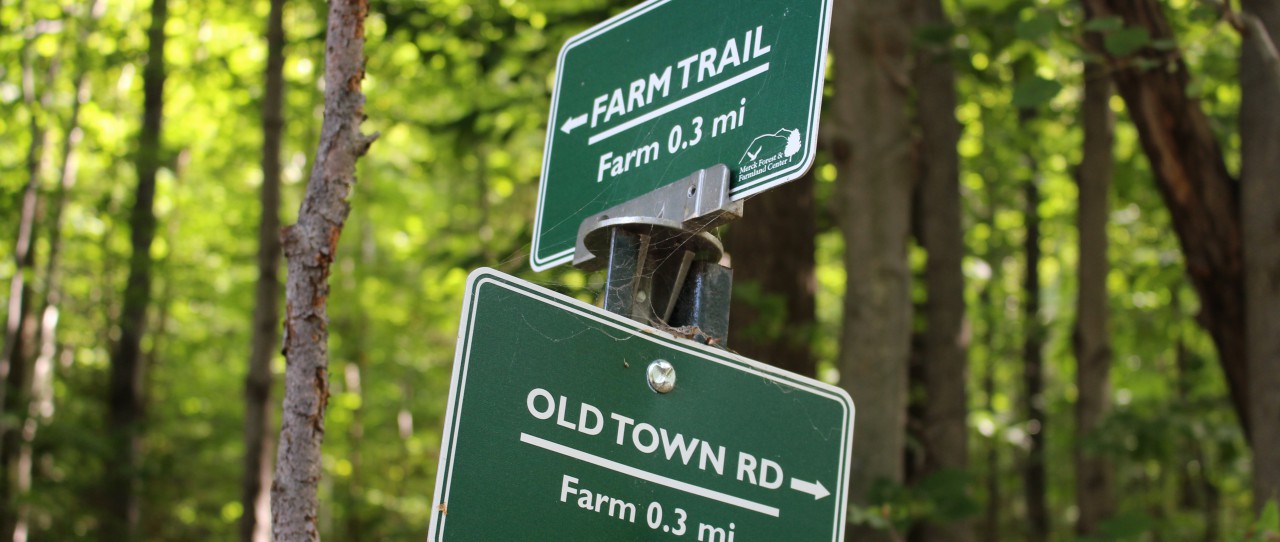For Us All
He who did not spare His own Son, but delivered Him over for us all, how will He not also with Him freely give us all things? Romans 8:32
One of my favorite duties as a pastor has always been presiding at weddings. They are joyful events, people are smiling, and one couple is highly nervous. There is nothing like the look on a groom’s face when he sees his bride walk down the aisle for the first time.
I also like them because I can make a major mistake, and everyone will laugh it off. Not so much at a funeral. In fact, early in my ministry I learned to read the obituary carefully, and if there were names I wasn’t sure how to pronounce, I would sit with a family member and go over them. There are times for joy at a funeral, but you don’t want to massacre a family name.
Weddings, though solemn, are also fun from the start. I’ve married couples in tuxes with hundreds in attendance, and others in simple dresses and jeans. One wedding took place on a football field. The bride and groom wore their team’s favorite jerseys, and I was given a referee shirt to wear.
One small wedding, with maybe 30 or so people, I was standing at the front with the couple. The bride had just come down the aisle, and now they both stood before me. As I began the serious part, “Marriage is important….”, a cell phone rang. It was mine. In my shirt pocket. The couple grinned. I took it out, noticed who the caller was and said, “Hold on a minute, I have to take this.” On the other end my daughter said, “Hi Dad, what you doing?” I said, “Performing a wedding, how about you.” Everyone laughed. (It was the only time I had ever forgotten to turn off my phone for either a wedding or a funeral.)
I use the same basic template for every wedding, and then add and edit based on the couple’s desires for their ceremony. So, at the ring exchange, I always said the same thing: “You may put the ring on her finger.” In one of my early weddings, somehow my brain took a wrong turn and I heard myself say, “You may put the fing on her ringer.” It took me a couple of beats to catch it. I was so aware that I had made that mistake that it was on my mind the next several weddings. In an attempt to get it right, my brain put it right out front, and at least a couple more times I said, “You may put the fing on her ringer.” (I practiced the correct line 30 times before each wedding after that.)
I always ask the couple, “What token of your love do you bring?” No one yet has responded with, “A Mercedes.” In our culture, we exchange rings. Men scrimp and save (or go into debt) to get just the right ring for their fiancée. Once she has accepted his proposal, she waves her left hand prominently in front of everyone she meets. Everyone needs to see his token of love. Most times it is a double-ring ceremony, where both the bride and groom exchange wedding bands.
Let’s face it, wedding rings are expensive. When Patti and I were married we were young and just starting out in life. We found a beautiful engagement ring, but I discovered I could not afford the diamond. The salesman suggested we use a cubic zirconium to keep the cost down and could replace it with a diamond when finances allowed. So that is what we did. But, on our first anniversary I presented Patti with the same ring, but a quarter carat diamond was now the centerpiece.
Fortunately, my wife wasn’t worried about how much I loved her based on the lower-quality stone in her ring. Nor did she think I loved her more once I was able to replace it with a diamond. Although, I should say, she was more than appreciative.
The ring is meaningful, but it becomes mere jewelry if the couple is not also giving themselves to each other in love. In some ways, this what Paul is saying in this verse, only it is infinitely stronger. Paul says that God gave his best to us. What was his best? It was Christ, his Son. But he was given to suffer for us, a gruesome crucifixion meant by the Romans to humiliate their victims and cause the slowest and most painful death.
The point Paul is trying to make, without going in to “why did Jesus have to suffer”, is that God gave all. Giving us this example of the generosity of God, then he goes on to say, “Won’t he also, in him, freely give us all things?”
Jesus was delivered “for us all”; therefore, God will “freely give us all.” Jesus didn’t die for a preordained few, he didn’t suffer only for those who subscribe to a certain belief system; it was for all.
Like the wedding ring, the suffering of Jesus is a reminder of the love that is behind his suffering for us. As I type, the gold band that has been on my left ring finger for almost 43 years is in plain view. I can look down and think, “I have a wife who loves me.” She may have suffered slightly married to me as well.
So, if God is willing to suffer on our behalf, what does it mean that he will also “freely give us all things”? Let’s start with what it does not mean. Our first instinct may go to material things. “I need a new car. God, freely give me that thing.” “God, I need a bigger tv, so freely give it to me.” Does it sound ridiculous to you? It should.
First, Jesus never directed his disciples toward material acquisition. In fact, he cautioned against laying up treasures here on earth where moth and rust destroy. Second, the whole chapter in Romans is about God giving us his Spirit, forgiveness, and adoption as his children. These are not material.
It is not that God doesn’t care about our material needs; he does. Jesus tells us to ask God to “give us our daily bread.” But there is something much greater here than just asking God for stuff. A young groom may say to his bride, “If I owned the world, I would give it to you.” Well, guess what, God owns the universe, and that is not big enough to illustrate his generosity. Our souls long for something greater and deeper than winning arguments or driving limos.
Take it out of a First World view for a moment. Imagine you are an African American slave in the early 19th century. You own nothing. You are not even viewed as a human being, but as a piece of property. Your family may have been taken from you. Now also imagine that you are reading this passage and you see that God has “freely given you all things.”
Your needs are far different than a 21st century first world white person. You may think, “I need my freedom.” But deeper than that, perhaps you want respect. You want dignity. You want to be viewed as human. As you read the passage you realize that God has given his son for you, and in him God has freely given you all things. You may receive your freedom, but until then, you have the “all things” that God says about you.
What would our gay and transsexual brothers and sisters think of when reading “all things”? Especially when they have been treated as subhuman by the very church that espouses these Scriptures. I don’t think a new mansion is the first thing to come to mind. They want dignity. They want acceptance and equality. They want inclusion. Ah, and, as they read this passage, the “all things” includes their complete acceptance by God.
Or suppose you are a refugee from a war-torn third world country. You and your family have travelled hundred, maybe thousands of miles, to find safety in a new land. You stop at villages along the way and the local priest greets you, prays with you and calls on the community to help you on your way. As he prays, he also reads this passage, in Christ God has “freely given you all things.”
What are those things for you? You want safety. You want freedom from fear. You don’t want your family to be separated. You want to be viewed as men and women who have suffered and to be welcomed in another land with grace and dignity.
You see, Jesus doesn’t always change our circumstances, but his co-suffering love dwells in our hearts by faith. If I am suffering, he is present, in that very moment or trial. He is with the refugees who other religious people have tried to characterize as “animals”.
Once you learn this, once you understand this astounding generosity of God’s love, you will never disgrace another human being in your life. This is basic Christianity and much of it is missing in much of the American church. If you “know that you know” that you are forgiven in Christ, then “know that you know” that every other person on this planet is included in that forgiveness. The suffering of Christ is “for us all.”











